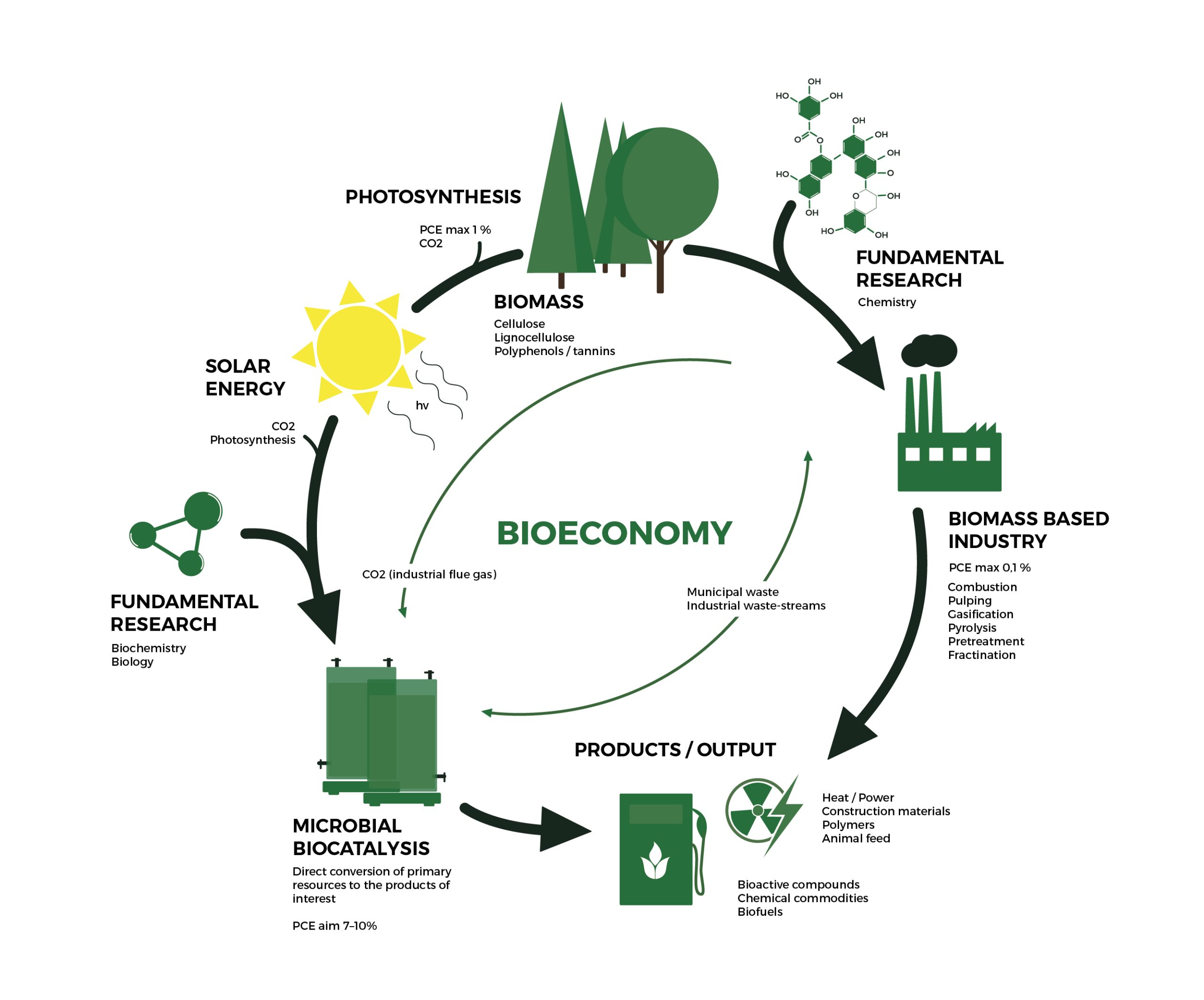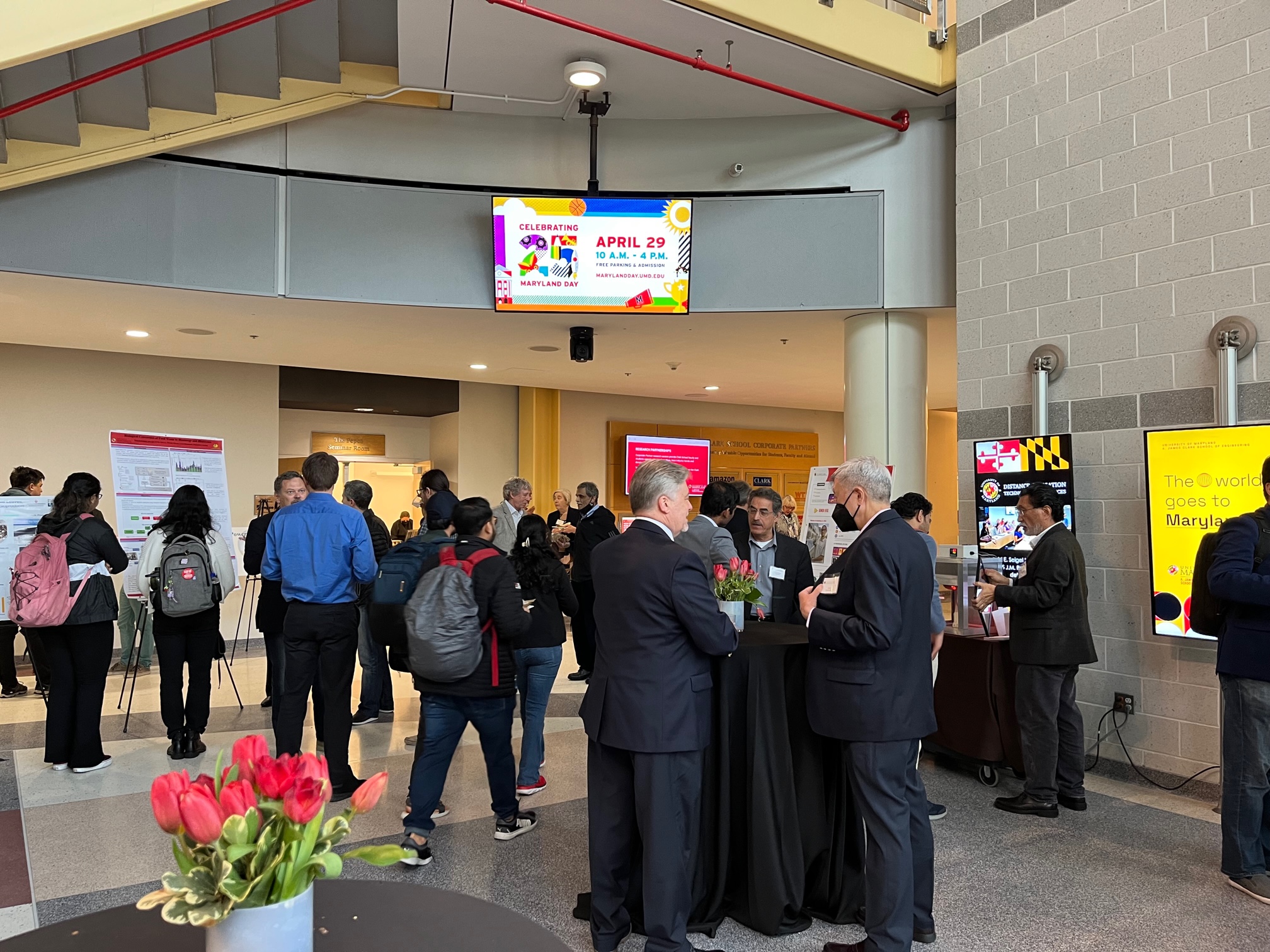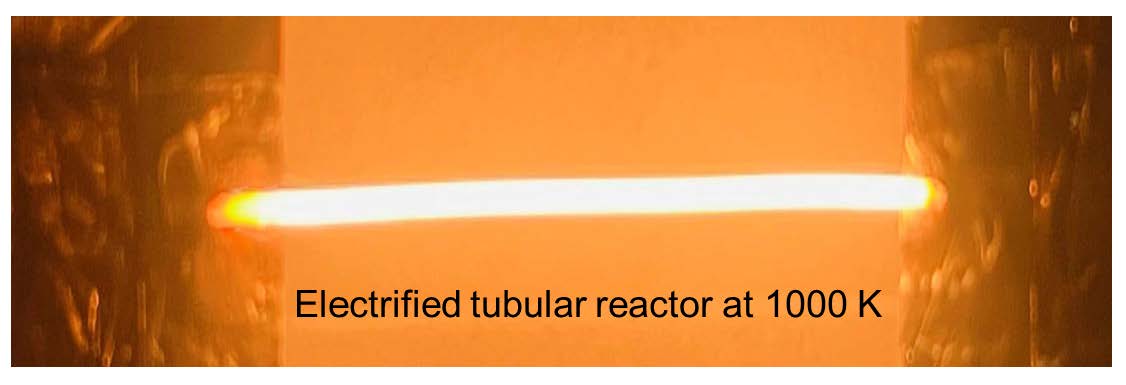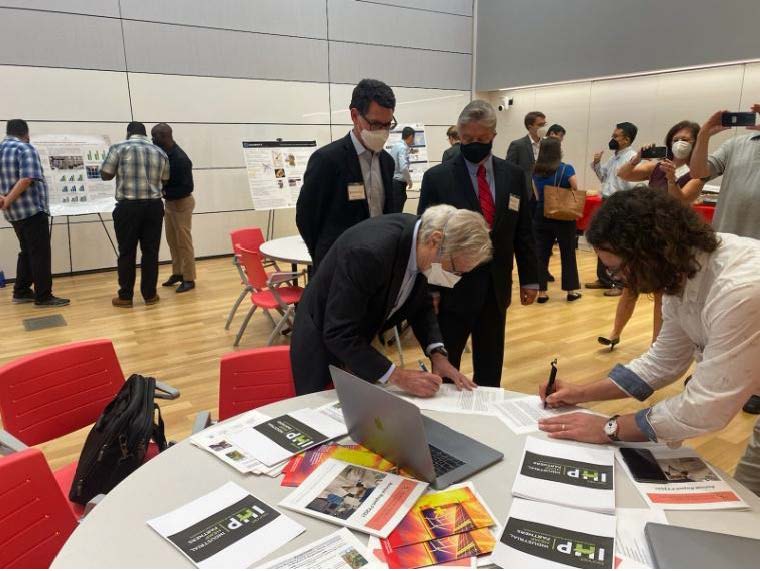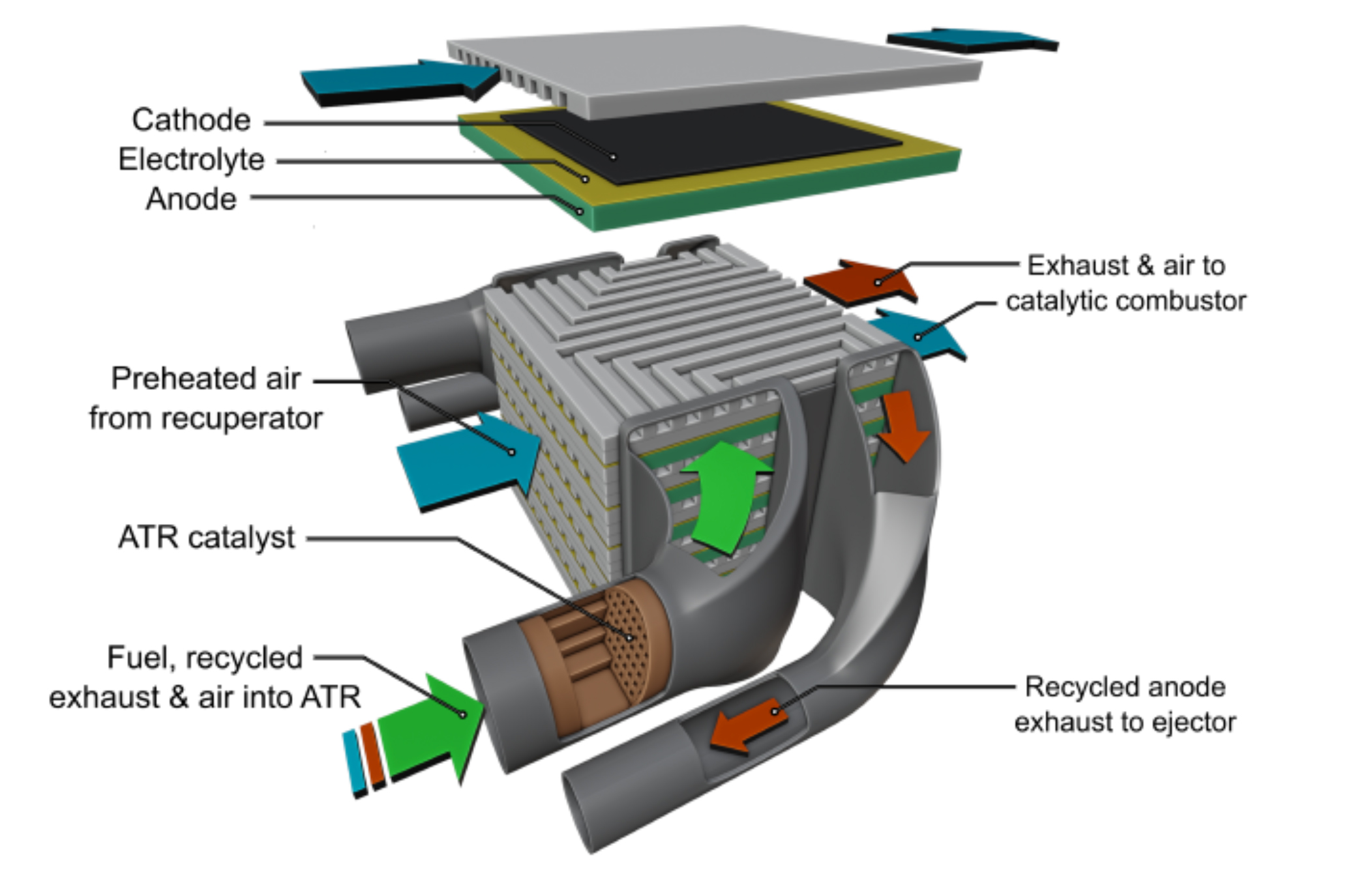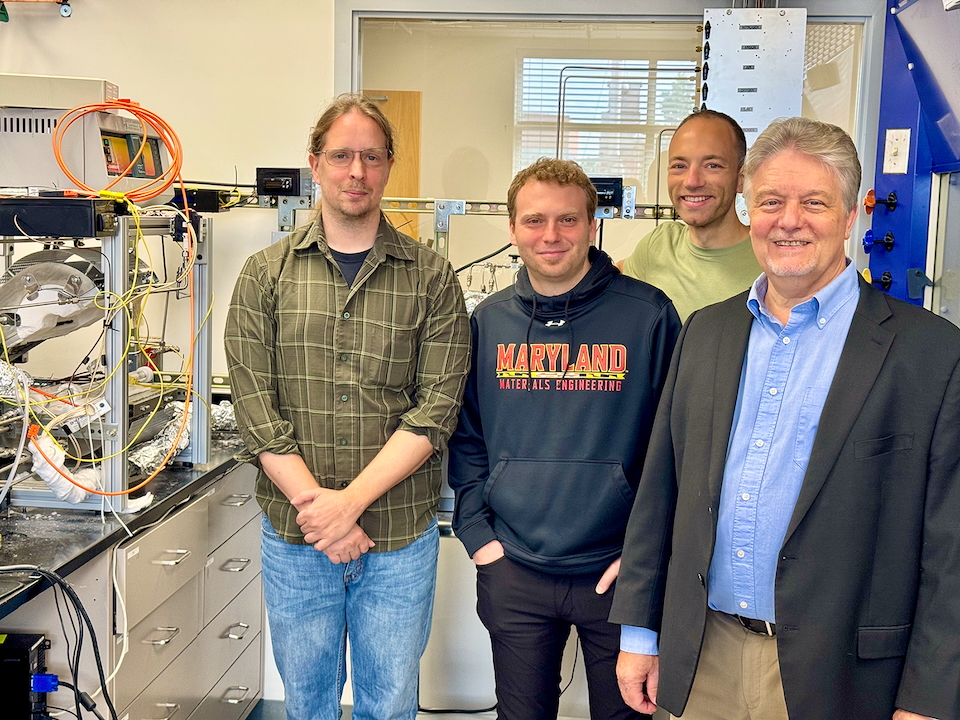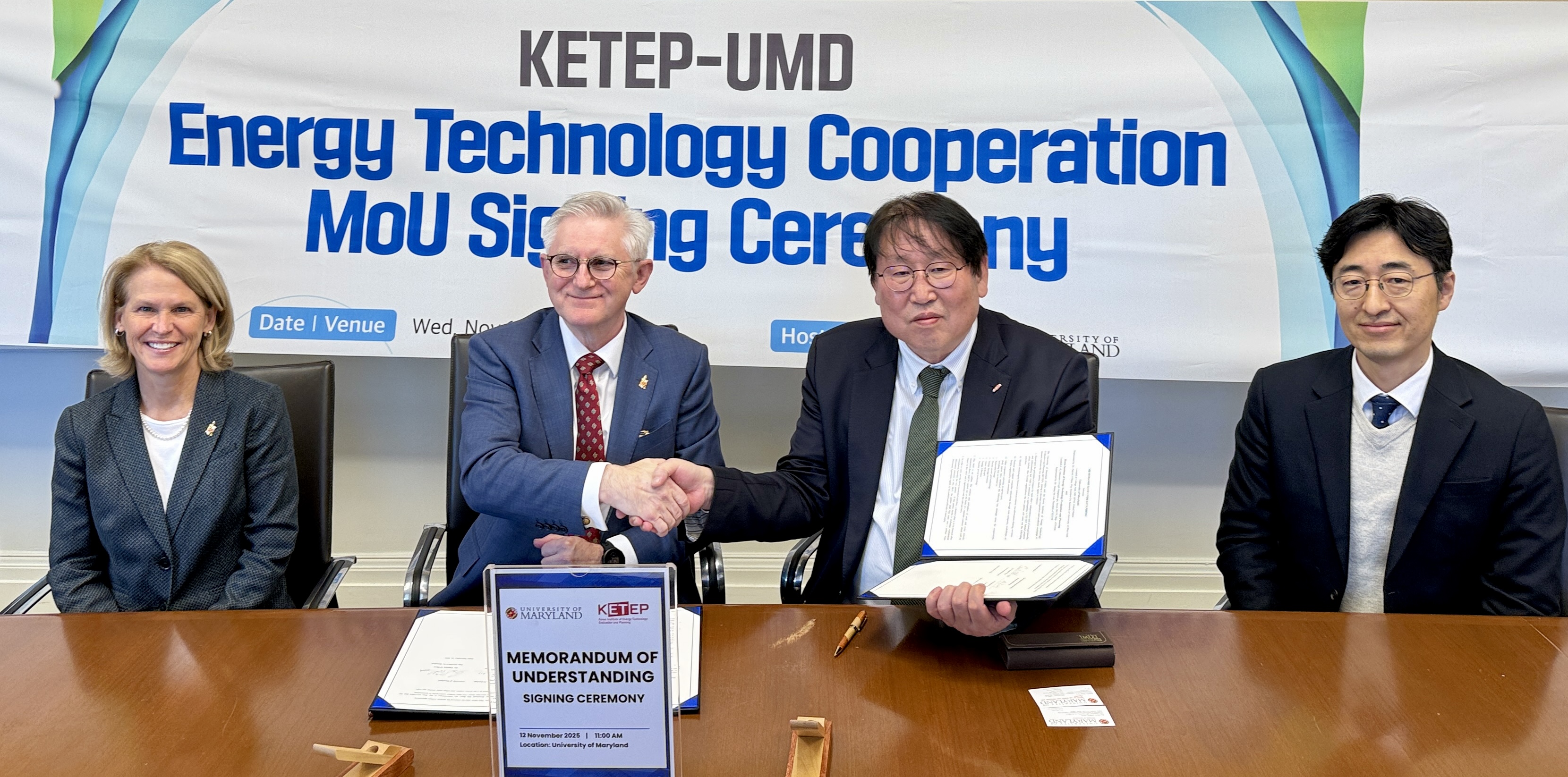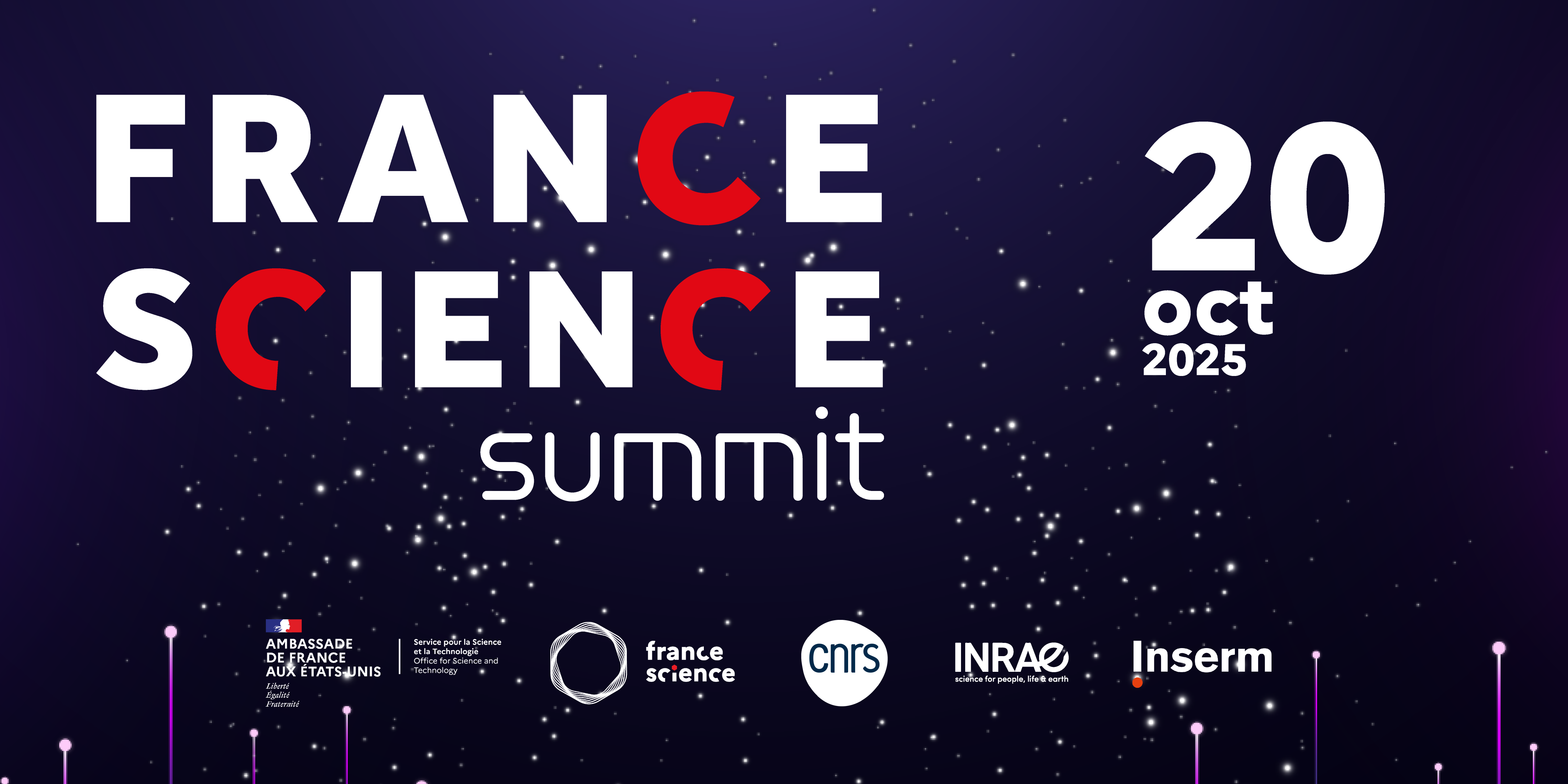News Story
Wood Vaulting as a Climate Solution
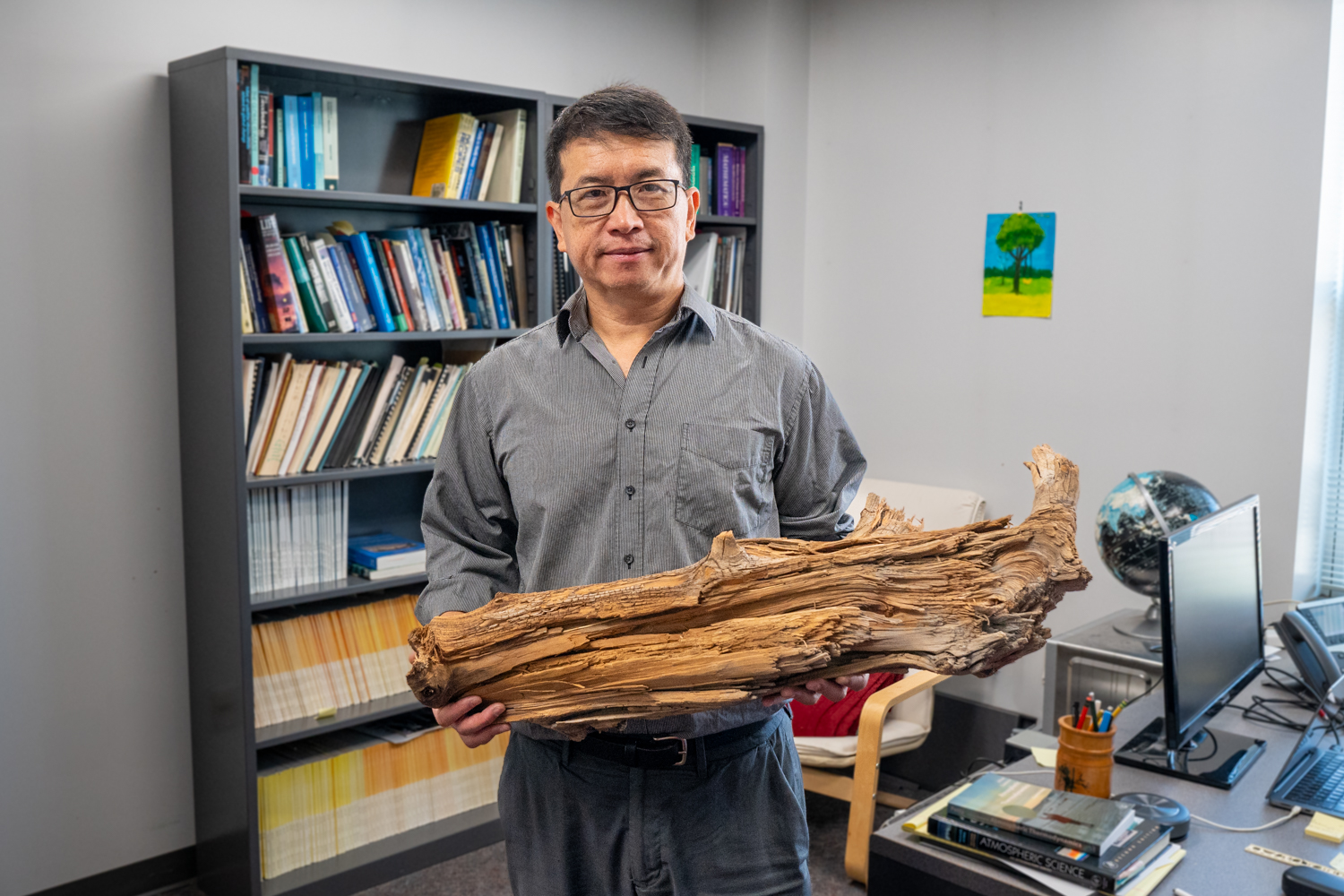
Professor Ning Zeng Photo Credit: Mark Sherwood
A recent Maryland Energy Innovation Accelerator (MEIA) company, Carbon Lockdown Project Benefit LLC (2023), received $4.7M from the US Department of Energy (DOE) through the department’s Carbon Negative Shot Pilots program. The Carbon Lockdown Project (CLP) was founded by Dr Ning Zeng, a University of Maryland (UMD) professor in the Department of Atmospheric and Oceanic Science, CLP is dedicated to wood harvesting and storage, a promising novel science-based approach to remove CO2 from the atmosphere by burying residual woody biomass underground in a wood vault. Engineered to maintain the anaerobic conditions that prevent wood decomposition, the durability of stored carbon in the vault is expected to be 1,000 years or longer.
Their objectives include project development, project evaluation, monitoring and certification, and information exchange platforms. They focus on two aspects of wood harvesting and storage currently: best methods to ensure longevity of stored wood while minimizing environmental impact; and optimal methods to manage forests for wood harvesting with co-benefits such as reduction of fire risk.
Their recent DOE award, entitled Woody Biomass Burial in Appalachia, will focus on plans to implement pilot biomass burial projects at three sites in the Appalachian region, demonstrating the utilization of a variety of residual biomass sources for carbon removal. The technology to be deployed is a novel but intuitive method: wood harvesting and storage. In wood harvesting and storage, sustainably sourced woody biomass is stored underground below the biologically active surface soil layer to ensure anoxic condition (oxygen-depleted), which prevents decomposition, leading to durable storage of 1,000 years or longer. The three sites for carbon storage and wood sourcing are located at Kilby Farm, Cecil County, Maryland; Monongahela National Forest, West Virginia; and Borough of Hanover, Pennsylvania. Each site will have a net removal of 1,000 – 5,000 metric tons of CO2 over the project period. This project will demonstrate the commercial-scale feasibility of the technology. By working with a farm, a national forest and a municipality, the project will demonstrate a new economic driver utilizing “waste” resources in an economically depressed region.
Zeng’s work, recently published in the journal Science, suggests that an ordinary old log could help refine strategies to tackle climate change. As he and his colleagues continue to optimize wood vaulting, he looks forward to putting what they’ve learned into practice to help curb climate change.
“It’s quite an exciting discovery,” Zeng said of this latest study. “The urgency of climate change has become such a prominent issue, so there was even more motivation to get this analysis going.”
For more information on this work, click here.
#MEIA focuses on early-stage technology commercialization in partnership with Maryland-based businesses, universities and labs to support Maryland's Clean Energy and Climate Goals.
Published November 1, 2024
